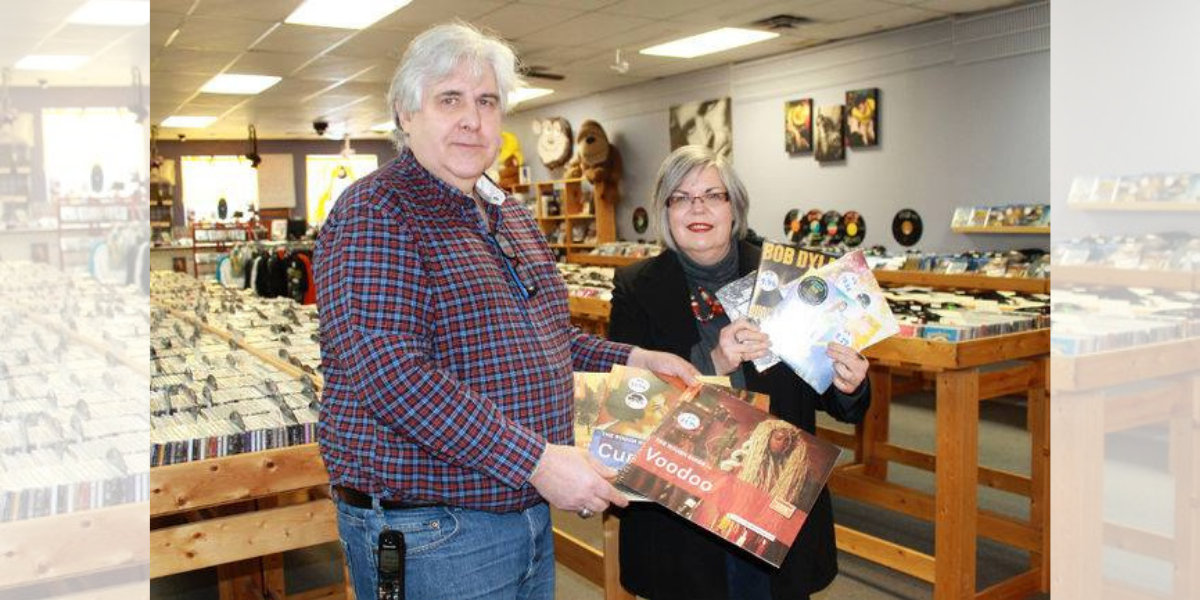Op-Ed by Congresswoman McClain In Defense of Profits
Congresswoman Lisa McClain (R-MI) penned the following op-ed in Townhall alongside Dr. Timothy Nash, Thomas Savidge and Ashley Wright, titled, “In Defense of Profits.”
Practically every item we engage with daily (car, cell phone, food, clothes, etc.) was produced by people seeking profit. Our jobs and paychecks are also based on the profit motive. Even government and non-profit organizations are made possible by the profit from private companies and the wages of their workers.
What is Profit?
In the free world, most of our wants and needs are made possible by profit. It is not an exaggeration to say, Profit makes the world go ’round! So, what is profit? Perhaps this question is best answered in the words of the economist Walter E. Williams:
“Prior to capitalism, the way people amassed great wealth was by looting, plundering and enslaving their fellow man. With the rise of capitalism, it became possible to amass great wealth by serving and pleasing your fellow man.”
“Profit” in a free economy is the financial surplus that remains for a business from the amount charged to a consumer for a desired product or service after accounting/paying for all related costs. Producers earn sustained profits through customer satisfaction and loyalty. Profits are an indicator of how well a business is serving customers within the tax and regulatory climate they compete.
Profitable companies grow by serving their customers and finding new ways to fill or create a need at a competitive price. As a rule, profit-seekers must never forget that competitors — actual and potential — are a threat to take their profits. The profit-seeker also must keep mistakes to a minimum or the consumer will take their business elsewhere. This is known as “consumer sovereignty.”
In a truly free market, the consumer is “royalty” and the producer a “servant.” If the servant serves competently the consumer will bestow profit and help determine the success of a company. If producers do not satisfy consumers, profits will turn into losses, as customers choose to buy elsewhere and “not settle.” Profits are precarious when the “customer is king.”
Measuring the Risk of Being in Business
Profits are not easily gained. Research from NYU Stern School of Business shows that the average net profit margin across all industries for the U.S. in 2019 was 8.89 percent, or, on every dollar in sales a business earned 8.89 cents. In 2020, that number dropped to 5.05 percent. Small businesses often operate at even lower margins, some hovering around 2 percent. If a business owner decided to avoid the daily stress and drama of running a business and invested their money in the Dow Jones Industrial Average in 2019, they would have earned a 22.34 percent return (about two and-a-half times more than the average profit margin on their business). If they had done the same in 2020, investments in the Dow Jones Industrial Average would have yielded 7.25 percent or almost a 45 percent greater return.
Many businesses also find it difficult to make it to the second year. The U.S. Bureau of Labor Statistics found that about 20 percent of small businesses fail within the first year. By the end of their fifth year, roughly 50 percent have gone under, and after 10 years only a third of small businesses have survived.
For family-owned businesses (90 percent of all U.S. businesses) the path is also challenging. According to the Conway Center for Family Business, less than one-third of family businesses survive the transition from first to second generation ownership. Another 50 percent do not survive the transition from second to third generation ownership, while only 3 percent of all family-owned businesses survive to the fourth generation and beyond.
The Vital Nature of Employees
Profits are vital to employees as these allow them to have a job, generate income and provide a life for their families, while enhancing their skills, work ethic, and sense of pride. Income allows employees to own homes, raise families, build churches, and expand their communities.
If employees are unhappy, they can do one of two things: 1) voice their concerns, or, 2) leave for a better job (an option many Americans choose). The U.S. Bureau of Labor Statistics finds that American adults hold 12.3 different jobs between ages 18 and 52. Among people born 1980 to 1984, an average of eight jobs were held between the ages of 18 and 32. If a business owner is losing employees to competitors because the employees are valued more elsewhere (better pay, better working conditions, better benefits, etc.), the business owner will constantly have to find and train new employees or increase the total compensation they pay and improve working conditions.
The Often-Ignored Benefits to Society
Business owners from John D. Rockefeller and Henry Ford to Jeff Bezos and the Walton family, all have pursued their own interests and corporate goals while simultaneously building successful companies which survived because they satisfied customers and were profitable. In doing so, as Adam Smith wrote over 200 years ago, by pursuing their own interests they are frequently promoting that of society at large.
We can also learn an important lesson from the British Industrial Revolution. In 1749, death from disease and malnutrition claimed just under 50 percent of children younger than the age of five in England, the world’s most advanced economy. Today, because of science and the production made possible by industrialization and profit, England and the U.S. have fractional infant mortality rates with average U.S. life expectancy being 38 years at the signing of the U.S. Constitution to almost 80 years today.
In Conclusion
Early on, the profit motive has inspired American entrepreneurs to take risks, innovate and produce affordable and transformational goods. These entrepreneurs produced vacuum cleaners, dish washers, automobiles, home air conditioners, television sets, personal computers, CAT Scan machines, cellular phones and much more, which at their introduction were items afforded only by the wealthy, due to low scale and high introductory costs, yet today are afforded by most in America due to competition and the profit motive. While we take these items for granted, they have dramatically changed the overall American standard of living.
Remember, too, that it was the American competitive-free-enterprise system that was converted into the arsenal of democracy leading an Allied victory in World War II while establishing the global roadmap for sustainable economic success and its benefits in a post-war global economy. The global spread of political and economic freedom led to the collapse of the Berlin Wall and economic reforms in much of Asia in the late 1980’s. Finally, our economy rallied against the great threat of Covid-19, converting business operations to make and/or deliver much-needed medical supplies and equipment.
We are worried that many in Washington and in academia have short memories and seek to dismantle our American competitive free enterprise system and its profit motive, due to ignorance and untruths. These naysayers fail to accurately portray the history of a free American economy which has made the United States the envy of the world, through its consistent message of freedom, hope and prosperity. Today, we must decide if this great nation will continue as a vibrant land of opportunity, driven by an economy based in freedom, competition, the profit motive and consumer sovereignty.
Lisa McClain, Member of Congress, Michigan’s 10th Congressional District.
Timothy G. Nash, Director, McNair Center for the Advancement of Free Enterprise and Entrepreneurship, Northwood University.
Thomas Savidge, McNair Scholar and Research Manager for the Center for State Fiscal Reform at the American Legislative Exchange Council.
Ashley Wright, McNair Scholar and Ph.D. candidate in Politics at Oxford University.
Submitted by Congresswoman McClain’s office






